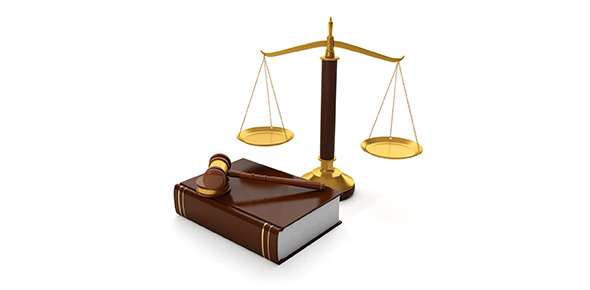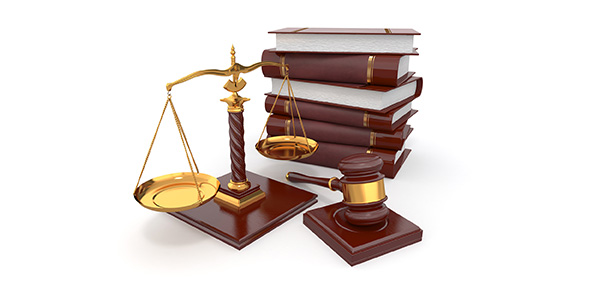Related Flashcards
Related Topics
Cards In This Set
| Front | Back |
|
Neutral partisanship: definition and relevant model rules
|
"Neutrality" means were are not tied to the ends of our clients, and we may represent anybody. Helps lawyers to not to be afraid to associate with unpopular causes. "Partisanship" is the idea that you should zealously advocate for your client. "Anything up to the line."
Model rule 1.2(b): "A lawyer's reprsentation of a client, including represention b appointment, does not constitute an endorsement of the clien's . .. views or activities." |
|
Why is neutral partisanship the dominant theory of the role attorney's should play? |
Because of the nature of the adversary system. The idea is that if 2 adversaries fight as hard has they can, the truth will come out. There are also arguments about client autonomy and moral interests of lawyers.
|
|
The errant fax: model rule and instructions, neutral partisanship argument
|
Model rule 4.4(b): you must promptly notify the sender and what you may do with the information you gathered depends on the jurisdiction. Doesn't say whether you can actually read it or not, most jurisdictions say you cannot read it. Most states say you may use the info.
Under a neutral partianship theory, you would be able to use the information |
|
Model rule 1.2(a)
|
This rule says that a lawyer shall abide by a client's decisions concerning the objectives of representation, including whether to settle, and shall consult with the client on the means (Comment : client's normally defer on the means). In criminal case, client decides: plea, jury trial, to testify.
|
|
Model rule 1.3
|
Lawyers must act with reasonable diligence in representing a client
|
|
U.S. v. Cueto (7th Cir.)
|
Cueto was jailed for basically doint what a lawyer is supposed to do: file motions, tried to get an injunction, defend his client. The jury happened to decide he did this 'corruptly" or all for the money. This is dangerous for lawyers and it basically chills zealous advocacy.
|
|
Wigmore: elements of attorney-client privilege
|
1) where legal advice is sought; 2) from a lawyer; 3) the communciations relating to that prupose; 4) made in confidence; 5) by the client; 6) are at his (the client) instance permanently protected (the client owns the privilege, the privilege survives the death of your client); 7) from disclosure by himself or by legal advise; 8) unless waived
|
|
Restatement of the law governing lawyers: elements of a-c privilege |
The a-c privilege may be invoked with respect to: 1) a communication; 2) made by privileged persons; 3) in confidence; 4) for the prupsoe fo obtaining or providing legal assistance for the client.
|
|
2 major exceptions to the A-C privilege
|
1) waiver; 2) criminal-fraud exception
|
|
Waiver of A-C privilege
|
Privilage will be presummptively waived if: 1) the communcitation takes place in the presence of a 3rd party (spouse exception), 2) the client or lawyer fails to assert the privilege (i.e. must object), 3) the clien disclses the communication to an unprivileged party; 4) selective waiver.
|
|
Topics not subject to the a-c privilege |
1) Identify of the client; and 2) size of lawyer's fee and person paying the fees. A good example of when this is helpful to know is when lawyers rep low-level participants in organized crime --are they paying more than they can afford, based on their claimed earnings? EXCEPTION: when identifying the client would be tantamount to revealing otherwise privileged information as well.
|
|
Major differences between A-C privilege and DoC?
|
1) A-C privilege is a rule of evidence; DoC is an ethical rule; 2) A-C privilege only applies to A-C communication and protects disclosures in legal proceedings (i.e., when attorney is on stand during trial, must be info gained from client); the DoC covers a much broader range of communication because it includes information that came from anywhere (witnesses, co-clients, etc.) and it covers anything you learn about your client (that is not in public record), it also applies all of the time.
|
|
Crime-Fraud exception
|
When the client is using the lawyer to either commit or further a crime or a fraud. Elements: 1) client intent to engage in a crime or fraud (doesn't matter if the attorney has no idea of client's intent, doesn't matter if intent is formed after the client talks to the attorney; 2) must be in furtherance of a crime or fraud (cannot be complete when the client met with you); 3) the party attempting to pierce the privilege has the burden of proof.
|
|
What is a "fraud" under the crime fraud exception? |
This will be defined by state law.
|
|
Bersani v. Bersani
|
This is the case where the mom fled with her kids to Spain w/o permission of the court and the wife's attorney knew her cleitn's locatino and the H moved to compel the attorney to give up this information. In this case, the court thought that the cleint's willful contempt in leaving the country constituted a "fraud" on the court and the attorney had to give up the information.
|






